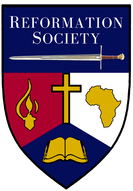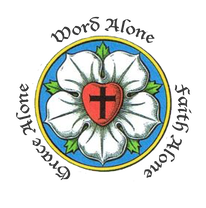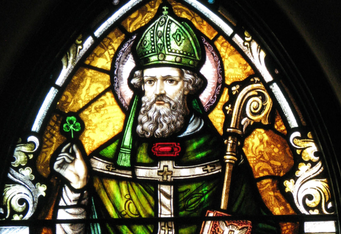 Patrick was only 16 years old when he saw a fleet of 50 longboats heading for the shore. As the Roman Legions had long since departed Britain, Patrick’s home town was vulnerable to attack. As the Irish raiders leapt from their boats onto the pebbled beach, sounding their war-horns, the population fled in terror. The attackers looted and burned the village and carried away captives, including young Patrick. Enslaved The year was AD 405. Patrick’s name in Latin was Patricius, meaning “Noble”. He was the son of a Civil Magistrate, but now he had become a slave in Ireland. Patrick was sold to a cruel warrior chief whose stockade in Northern Ireland was surrounded by sharp poles with the heads of his opponents impaled on them. Patrick was put to work as shepherd to care for his master’s pigs and sheep. He lived a lonely existence in the nearby hills, enduring long bouts of hunger and thirst, isolated from human company for months at a time. Patrick witnessed the superstitions of the druid priests who sacrificed prisoners of war to their war gods and newborns to the harvest gods. Skulls were used as drinking bowls; heads of decapitated enemies were used as footballs.
2 Comments
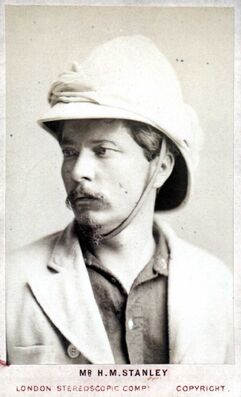 To see Part 1 of a video presentation on this article Click Here To see Part 2 of a video presentation on this article Click Here To listen Part 1 of an audio presentation on this article Click Here To listen Part 2 of an audio presentation on this article Click Here Explorer Extraordinaire Henry Morton Stanley was one of the greatest explorers of all time. Throughout his incredible life, which was packed with adventure and conflict, he served as a soldier, a sailor, a journalist, an explorer, an empire builder, a statesman, author, politician, and lecturer and finally, he was even knighted by Queen Victoria. “Dr. Livingstone I Presume?” Stanley is most famous for having found missionary explorer, Dr. David Livingstone after he had been out of contact with the outside world for many years. His calm and most understated of comments, after having crossed half the continent: “Dr. Livingstone I presume?” must be one of the most famous statements in popular memory worldwide. Triumph After Tribulation Throughout his life, Henry Morton Stanley experienced brutality, cruelty, starvation, disease, poverty, affliction, treachery, betrayal and ultimately great honour, success and wealth. Of all the great explorers of Africa, David Livingstone and Henry Morton Stanley stand head and shoulders above all others. Stanley and Livingstone were very different men, but both of them made spectacular contributions to the development of Africa. Against All Odds Stanley stands out as the only journalist who founded an Empire. Although his primary occupation was meant to be recording history, he is most famous for having made history. Stanley stands out as extraordinarily tough and persistent, a model of perseverance. Yet, before his 24 th birthday, Stanley had a long track record of frustration and failure, defeat and desertion. No one could have predicted how this extraordinary man would develop and rise above all others in his achievements, especially in bringing civilisation to the Dark Continent. 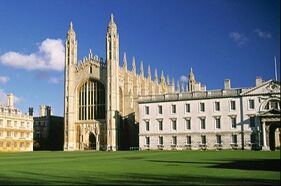
"Every school you see - public or private, religious or secular - is a visible reminder of the religion of Jesus Christ. So is every college and university." Dr. James Kennedy and Jerry Newcombe document in their "What If Jesus Had Never Been Born?" book that the phenomenon of education for the masses has its roots in Christianity.
The pursuit of the knowledge of God in a systematic, philosophical and in-depth way gave rise to the phenomenon of universities all around the world. It was the Christian faith that gave rise to the idea of higher learning. THE GIFT OF LITERACY Christianity is a tremendous force for education. Most of the world's languages were first set to writing by Christian missionaries. The first book in most languages of the world has been the Bible. Christianity has been the greatest force for promoting literacy worldwide throughout history. The Christian missionary movement in the 19th Century pioneered tens of thousands of schools throughout Africa, Asia and the Pacific Islands - providing education for countless millions, even in the remotest jungles, giving the gift of literacy to tribes which had not even had a written language. 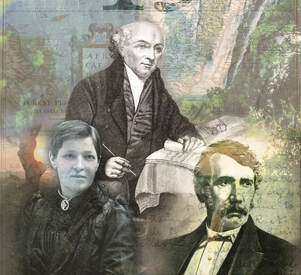 "All the ends of the world shall remember and turn to the Lord, and all the families of the nations shall worship before You. For the Kingdom is the Lord's and He rules over the nations." Psalm 22:27-28 The Greatest Century of Missionary Advance The greatest era of missionary advance was the 19th century. The considered judgement of church historian Kenneth Scott Latourette is that: "Never had any other set of ideas, religious or secular, been propagated over so wide an area by so many professional agents maintained by the unconstrained donations of so many millions of individuals." A World to Win At the beginning of the 19th century, Protestant Christianity was concentrated in Europe and North America. Except for some small Christian enclaves, Asia was almost untouched by the Gospel. Africa was still the "dark continent" - except for the ancient Copts in Egypt, Ethiopia and Sudan and a small number of Dutch settlers at the Southernmost tip of Africa, at the Cape. |
History ArticlesCategories
All
Archives
May 2023
|
- Home
-
History Articles
- History Articles
- All Categories
- Character Studies
- Greatest Century of Missions
- Greatest Century of Reformation
- Reformation In Bohemia
- Reformation In England
- Reformation In France
- Reformation In Geneva
- Reformation In Germany
- Reformation In Italy
- Reformation In Scotland
- Reformation in Switzerland
- Victorious Christians
- Contemporary Articles
- Resources
- Contact
- Donate
|
The Reformation Society
PO Box 74, Newlands, 7725, South Africa Tel : (021) 689-4480 Email: [email protected] Copyright © 2022 ReformationSA.org. All rights reserved |
- Home
-
History Articles
- History Articles
- All Categories
- Character Studies
- Greatest Century of Missions
- Greatest Century of Reformation
- Reformation In Bohemia
- Reformation In England
- Reformation In France
- Reformation In Geneva
- Reformation In Germany
- Reformation In Italy
- Reformation In Scotland
- Reformation in Switzerland
- Victorious Christians
- Contemporary Articles
- Resources
- Contact
- Donate
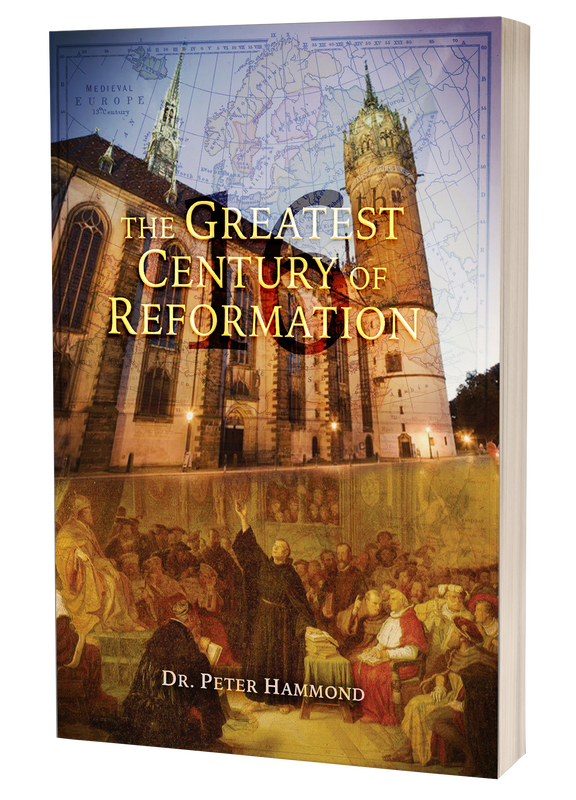
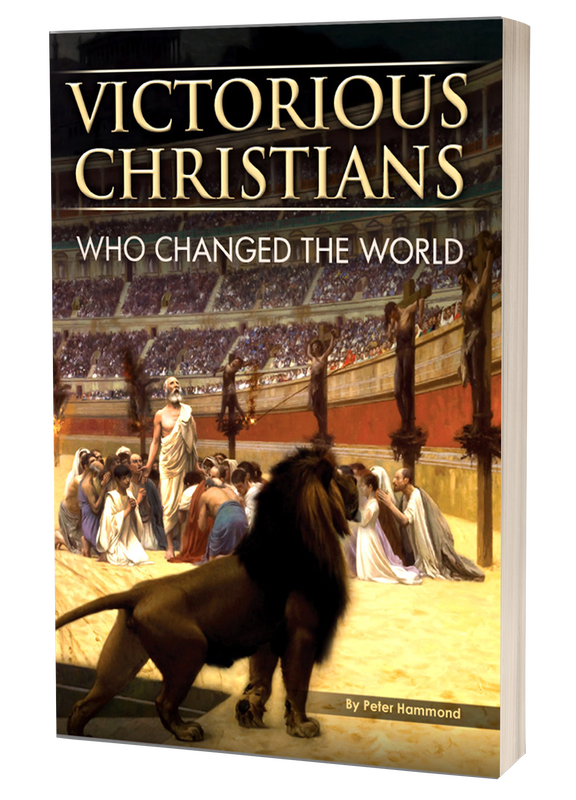
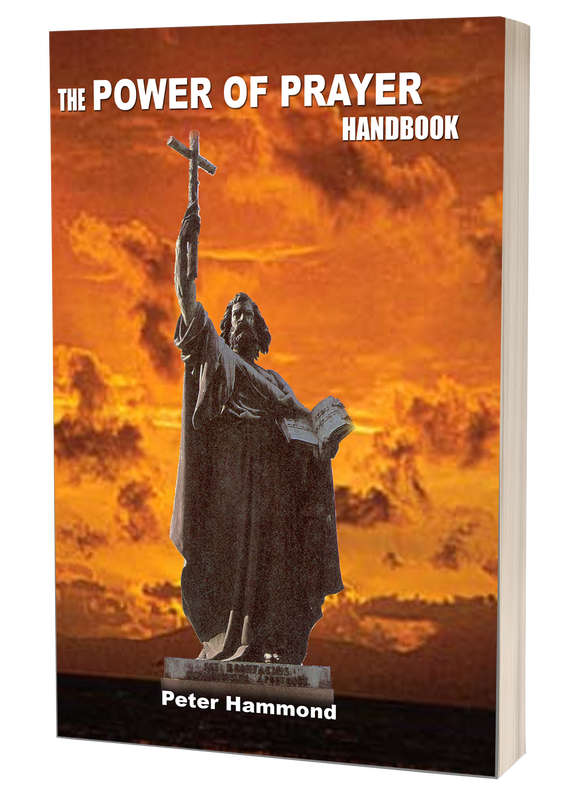
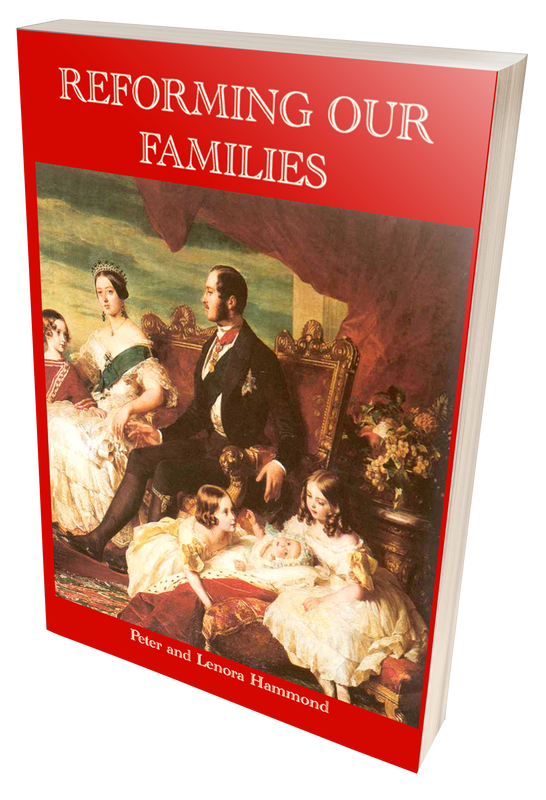
 RSS Feed
RSS Feed
